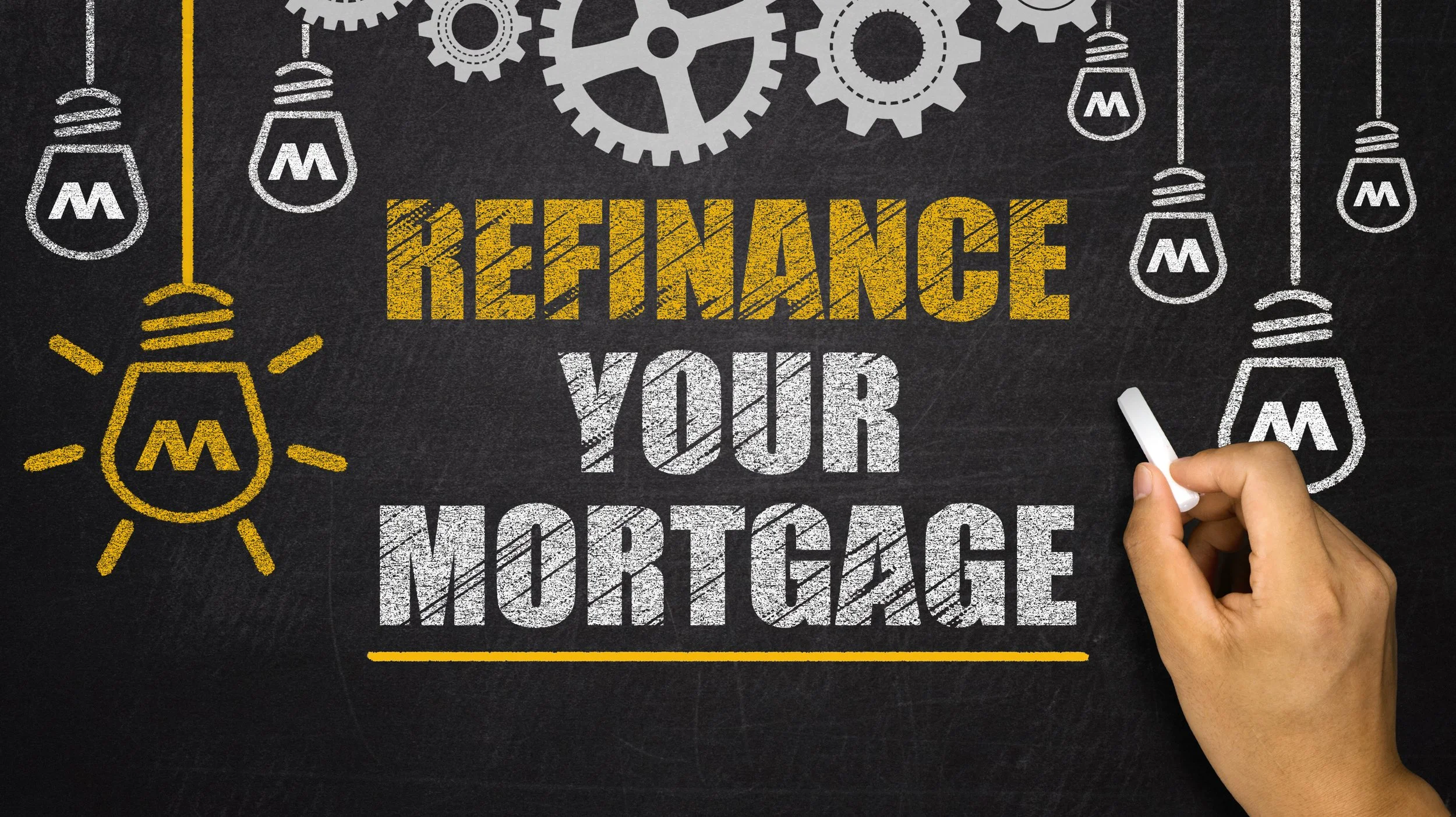When Should You Refinance Your Mortgage and What Is the Process?
Refinancing your mortgage can be a smart financial move under the right circumstances, but it’s not necessarily the best option for every homeowner. The process is slightly less complicated than the initial application thanks to your equity and not needing to make a new down payment.
Signs It Might Be the Right Time to Refinance
Interest rates have dropped since you first took out your mortgage.
Your credit score has improved, potentially qualifying you for better terms.
You want to switch from an adjustable-rate mortgage to a fixed-rate loan.
Your income or financial situation has changed, and your current monthly payments are unsustainable.
You need cash for tuition, home improvements, or other major purchases and you’ve built enough equity to qualify for a cash-out refinance.
Common Reasons for Mortgage Refinancing
Lowering Monthly Payments
Spreading payments over a longer term, like taking your remaining 20 years of a 30-year mortgage and refinancing into a new 30-year loan, can significantly reduce your monthly costs. This may be a necessary change for people who are struggling to make their current payments on a fixed income, but the downside is you’ll be paying your loan off for an extra 10 years and will accrue additional interest during that time.
However, this option is often preferable to defaulting or taking on more high-interest debt, like credit card debt, to meet your budgetary needs each month.
Paying Off Your Mortgage Faster
Alternatively, some homeowners refinance to shorten their loan term. If you’ve secured a higher paying job or have paid off other debts and can afford to make a larger mortgage payment each month, going from a 30-year to a 15-year mortgage can lead to potentially massive savings. Refinancing to a shorter term can dramatically cut the total interest paid over the life of the loan and allow you to build equity faster.
Accessing Home Equity
If you've built up equity in your home, a cash-out refinance can provide funds for home repairs, medical expenses, debt consolidation, or other major expenses. While there are many scenarios where this could be preferable to an unsecured personal loan with higher interest, homeowners should go into refinancing with their eyes open. The consequence of accessing your equity is additional interest and years of payments.
Changing Loan Types
Refinancing also allows you to switch loan types. For instance, a borrower with an FHA loan might refinance into a conventional loan to eliminate mortgage insurance. Others may prefer to move from adjustable-rate mortgages to fixed-rate loans for long-term stability.
What to Expect From the Refinance Process
The mortgage refinancing process will be familiar to most homeowners, since it’s not all that dissimilar from the initial mortgage application. You’ll need to:
Provide documentation like income statements, tax returns, and bank records.
Go through an underwriting process with your lender.
Attend a closing appointment to finalize the new loan.
Working with a lender you already trust can make this process easier and more straightforward. If you’re a member of a credit union, you may benefit from lower rates, fewer fees, and personalized service.
Credit unions like Ouachita Valley Federal Credit Union operate as not-for-profit institutions, which means any earnings are returned to members—not private investors or shareholders. That often translates to better rates and a more member-focused experience compared to large national banks.
Determining Your Break-Even Point
Refinancing isn’t free—closing costs can add up quickly. To know if it’s worth it, you need to calculate your break-even point. This is the number of months it takes for your monthly savings to equal your upfront costs. If you plan to stay in the home well beyond that point, refinancing might make financial sense.
Will My House Need to Be Appraised?
In most cases, yes. Your lender will order a professional appraisal to determine the current market value of your home. This helps confirm that your property qualifies for the refinance, especially if you’re taking cash out. The appraisal process is similar to when you bought your home, and the fee is rolled into your closing costs.
Is Refinancing the Right Move for You?
There are many reasons why a homeowner might benefit from refinancing, but it’s not the best move for everyone. If you’re primarily choosing to refinance to get a lower rate, you should perform a break-even calculation before pursuing refinancing. The break-even point may be less of a concern if you need to pull equity out of your home, lower your monthly payment, or lock in a lower rate to avoid future ARM rate increases.
It’s often helpful to discuss your situation with a mortgage expert who can walk you through the benefits and potential consequences of refinancing. Members of Ouachita Valley Federal Credit Union can have their questions answered by calling us at 318.387.4592.


